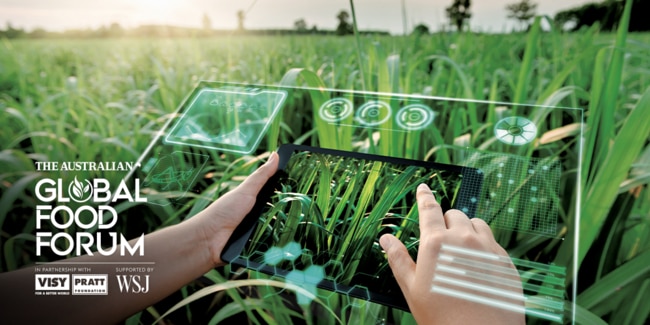The Australian’s 2024 Global Food Forum: Shaping Australia’s $150bn agribusiness and food sector
The Australian's Global Food Forum has heard that food and agriculture industry in Australia has plenty of growth potential if supported by government and a holistic approach is taken.

Welcome to our live coverage of The Australian’s Global Food Forum for 2024 from Brisbane.
The 2024 Global Food Forum in partnership with Visy and supported by the Wall Street Journal, will dive into issues that will shape the future of Australia’s $150bn agribusiness and food sector and the new wave of investment, innovations and ag technologies revolutionising the industry.
The forum will include a keynote address Visy executive chairman Anthony Pratt and feature a line-up of speakers including Agriculture Minister Murray Watt, Anna Croft, Barry Irvin, Jeff Kennett, David Harris, David Williams and Reg Weine.
Click here for today’s full program.




To join the conversation, please log in. Don't have an account? Register
Join the conversation, you are commenting as Logout